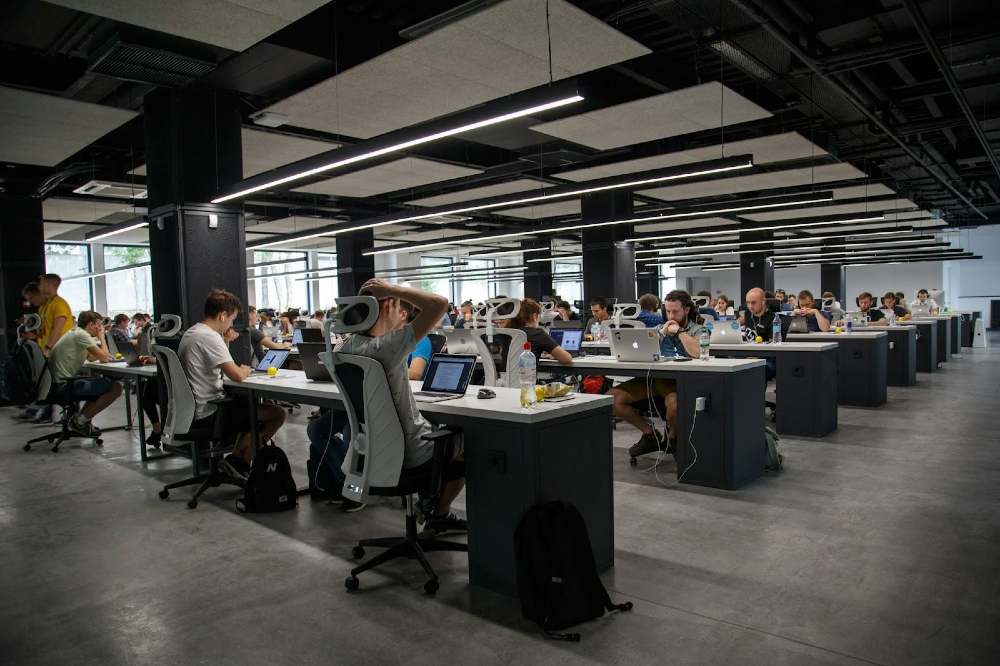In today’s fast-paced work environment, the debate over whether employers should track every minute of their employees’ time is more relevant than ever. With advancements in technology, employers now can monitor their staff’s activities with unprecedented precision.
This has sparked a heated discussion about the balance between productivity and privacy. This blog post delves into the key arguments on both sides of the debate, exploring the implications for businesses and employees alike.
The Case for Time Tracking
Proponents of time tracking argue that monitoring employees’ work hours can significantly enhance productivity and accountability. By using the Time Clock Wizard tracking app, for example, employers can gain detailed insights into how employees are utilizing their time, which can be crucial for optimizing workflow and improving project management. This tool helps ensure that staff adhere to their schedules and meet deadlines by providing precise records of work hours.
Furthermore, it allows businesses to identify productivity trends and address any inefficiencies promptly. Time tracking can also deter time theft and verify that employees are working during their paid hours.
With accurate tracking, businesses can make informed decisions about resource allocation and project planning, ultimately leading to a more streamlined and efficient operation. Thus, time tracking is seen as an essential practice for maintaining transparency and boosting overall productivity.
The Privacy Concerns
On the flip side, there are significant concerns about the impact of constant time tracking on employee privacy. Many argue that tracking every minute of work can create a sense of micromanagement, leading to a stressful work environment and decreased morale.
Employees might feel that they are being scrutinized excessively, which can erode trust between staff and management. This lack of trust may result in decreased job satisfaction and higher turnover rates.
Privacy advocates also point out that such detailed tracking can lead to a lack of work-life balance. When employees are aware that every minute of their day is being monitored, they may feel pressured to stay logged in beyond their normal working hours, blurring the lines between personal and professional time. This constant connectivity can contribute to burnout and negatively impact overall well-being.
Balancing Productivity with Privacy
Finding a middle ground between productivity and privacy is crucial. Some experts suggest implementing time-tracking systems that focus on outcomes rather than minute-by-minute details. For instance, instead of monitoring every keystroke or mouse click, employers could measure performance based on the completion of specific tasks or projects. This approach respects employee autonomy while still providing valuable insights into productivity.
Additionally, transparency in how time-tracking data is used can help mitigate privacy concerns. Employers should communicate the purpose of time tracking and how the data will be utilized. Ensuring that employees understand that the goal is to enhance productivity and not micromanage can help foster a more positive work environment.
The Impact on Remote Work
The rise of remote work has intensified the debate over time tracking. With many employees working from home, employers face new challenges in managing productivity and ensuring that remote workers are staying on task.
Time-tracking tools can offer a solution by providing a way to monitor work hours and activities from a distance. However, the same privacy concerns apply, and remote employees may feel even more scrutinized due to the lack of physical supervision.
To address these challenges, some organizations are opting for flexible time-tracking systems that allow employees to set their schedules while still tracking their work progress. This approach can offer a compromise between the need for oversight and the desire for autonomy, promoting a healthier work-life balance for remote workers.
The Future of Time Tracking
As technology continues to evolve, the methods and tools for time tracking are likely to become more sophisticated. Future advancements may offer more nuanced ways to measure productivity without infringing on privacy. For example, artificial intelligence and machine learning could provide insights into productivity patterns while minimizing the need for invasive monitoring.
However, the fundamental question of whether employers should track every minute of their employees’ time will remain a topic of debate. As businesses navigate the balance between efficiency and employee well-being, it is essential to consider the potential impacts of time tracking on both productivity and privacy.
The debate over whether employers should track every minute of their employees’ time is complex and multifaceted. While time tracking can offer valuable insights into productivity and help maintain accountability, it also raises important concerns about privacy and employee morale.
Striking a balance between these competing interests is crucial for fostering a positive and productive work environment. As technology advances and work practices evolve, businesses must continue to reassess their approach to time tracking, ensuring that they respect employee privacy while achieving their operational goals.




